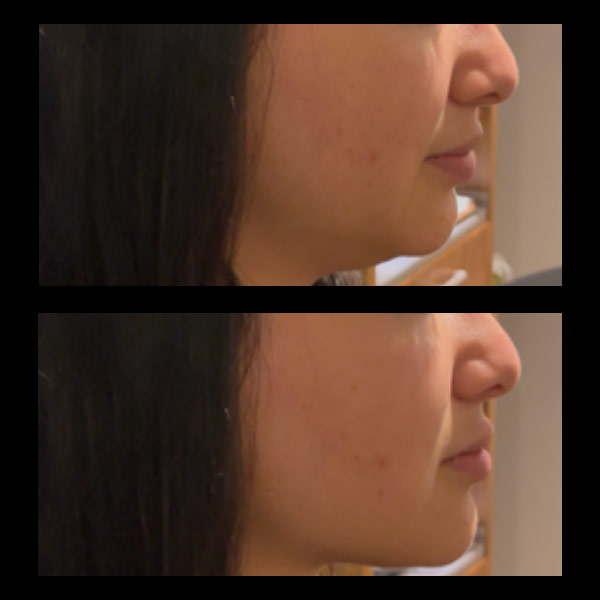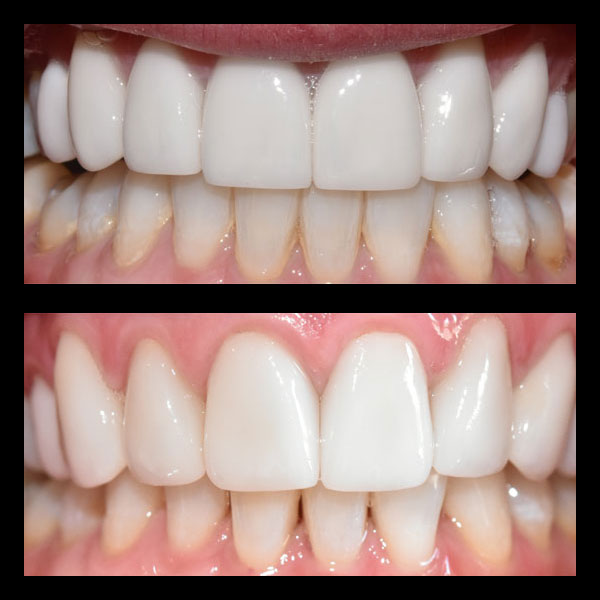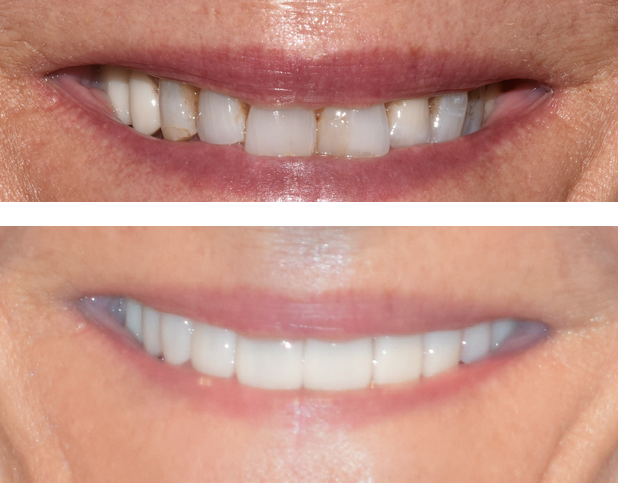Your Comfort is Our Priority at Incredible Smiles
Embarking on a journey to enhance your smile with cosmetic dentistry should be an exciting experience, not one overshadowed by anxiety or fear. At Incredible Smiles in Boulder, Colorado, we understand that dental apprehension is a real concern for many. That’s why we offer a range of sedation dentistry options designed to ensure your comfort and relaxation throughout any cosmetic procedure. Whether you’re considering veneers, Invisalign, or a complete smile makeover, our goal is to provide a serene, spa-like environment where you feel at ease.
Sedation dentistry utilizes medication to help patients relax during dental treatments. It’s an ideal solution for individuals with dental phobias, a low pain threshold, a sensitive gag reflex, or those undergoing lengthy or complex procedures. It’s important to note that with most forms of dental sedation, you remain conscious and able to communicate, but in a deeply relaxed state.
Understanding Your Sedation Options
At Incredible Smiles, we tailor our sedation methods to your individual needs and the specific cosmetic procedure you’re undergoing. Our experienced dentists, Dr. Priya Uppal and Dr. Lori Kemmet, will discuss your medical history and anxiety levels to determine the most appropriate and safest option for you. Here are the common types of sedation we offer for a stress-free cosmetic dental experience:
Nitrous Oxide (Laughing Gas)
Nitrous oxide, commonly known as “laughing gas,” is a mild sedative that is inhaled through a small mask placed over your nose. It helps you relax and may even create a feeling of euphoria. You remain fully conscious and able to respond to your dentist. The effects of nitrous oxide begin quickly and also wear off rapidly once the mask is removed, usually within minutes. This means you can typically drive yourself home after the procedure and resume your normal activities. Nitrous oxide is a safe and effective option for patients with mild to moderate anxiety and is suitable for most cosmetic procedures like teeth whitening or dental bonding.
Oral Conscious Sedation
Oral conscious sedation involves taking a prescribed sedative pill about an hour before your dental appointment. Medications like Triazolam (Halcion®), which is in the Valium family, are commonly used. This type of sedation will make you feel drowsy and deeply relaxed. While you’ll still be awake and able to communicate if necessary, you may have little memory of the procedure afterward (a benefit for many anxious patients). Due to the lingering effects of oral sedation, you will need to arrange for a responsible adult to drive you home and stay with you for several hours. This option is often recommended for patients with moderate to severe dental anxiety or for those undergoing longer cosmetic treatments such as multiple veneer placements or more extensive smile makeovers.
Intravenous (IV) Sedation
IV sedation delivers sedative medication directly into your bloodstream through a vein, usually in your arm or hand. This method allows for a deeper level of sedation, often referred to as “twilight sleep,” where you are on the edge of consciousness but can still respond to verbal cues. Your heart rate, blood pressure, and oxygen levels are continuously monitored throughout the procedure. Most patients who receive IV sedation have little to no memory of their treatment. IV sedation is ideal for patients with significant dental anxiety or those undergoing complex and lengthy cosmetic procedures like full mouth reconstruction or multiple dental implants. Similar to oral sedation, you will need an escort to take you home and provide care for the remainder of the day.
Benefits of Sedation Dentistry for Cosmetic Procedures
Choosing sedation dentistry at Incredible Smiles for your cosmetic treatments offers several advantages:
- Anxiety and Fear Relief: The primary benefit is a significant reduction in dental anxiety, allowing you to receive the care you need in a calm state.
- Increased Comfort: Sedation helps you relax, making an otherwise potentially uncomfortable experience pleasant.
- Pain Management: While local anesthesia numbs the treatment area, sedation enhances pain control by relaxing your overall senses.
- Fewer Appointments: Dentists can often work more efficiently when a patient is sedated, potentially allowing for more treatment to be completed in a single visit. This is especially beneficial for extensive smile makeovers.
- Amnesia Effect: Many patients have little to no memory of the dental procedure, which can be helpful in overcoming future dental fears.
- Controlled Gag Reflex: Sedation can lessen a strong gag reflex, making procedures smoother for both you and the dentist.
What to Expect: Before, During, and After Sedation
Preparation for and recovery from sedation dentistry will vary based on the type of sedation chosen.
Before Your Sedation Appointment:
- Consultation: We will conduct a thorough review of your medical history, including any medications you are taking, and discuss your anxiety levels.
- Instructions: You’ll receive specific pre-operative instructions, which may include fasting (avoiding food or drink) for a certain period before your appointment, especially for oral or IV sedation.
- Arrange an Escort: For oral or IV sedation, you must arrange for a responsible adult to drive you to and from your appointment and stay with you afterwards.
- Comfortable Clothing: Wear loose, comfortable clothing to your appointment.
- Avoid Alcohol/Smoking: Refrain from alcohol and smoking for a specified period before your procedure.
During Your Procedure:
Once the sedative takes effect, you’ll feel calm and relaxed. Your dental team will continuously monitor your vital signs to ensure your safety throughout the cosmetic procedure. Local anesthetic will still be administered to the treatment area to ensure you don’t feel any pain.
After Your Procedure:
- Recovery Time: If you had nitrous oxide, the effects wear off quickly, and you can usually leave on your own. For oral or IV sedation, you’ll rest in a recovery area until you’re stable enough to go home with your escort. The full effects of oral or IV sedation can take several hours to wear off.
- Post-Operative Care: Your escort will receive post-operative instructions. Plan to rest for the remainder of the day. Avoid driving, operating machinery, or making important decisions for at least 24 hours after oral or IV sedation.
- Side Effects: Common short-term side effects can include drowsiness, dry mouth, and possibly mild nausea or headache. These typically resolve within a day or two.
- Follow-Up: We may schedule a follow-up call or visit to check on your recovery.
For more information on what to expect, you can review our Dental Questions & Answers page.
Sedation Dentistry in Boulder, Colorado
In Boulder, Incredible Smiles is committed to providing exceptional dental care in a comfortable, anxiety-free environment. Our use of advanced technology, combined with a compassionate approach, ensures that your cosmetic dentistry journey is a positive one. We prioritize your care and comfort, offering amenities and sedation options to meet your unique needs. If dental fear has prevented you from achieving the smile of your dreams, explore how sedation dentistry in Boulder can make a difference. You can also view our before and after gallery to see the stunning results we achieve for our patients.
Ready for a Relaxing Dental Experience?
Don’t let dental anxiety hold you back. Contact Incredible Smiles in Boulder today to discuss your cosmetic dentistry goals and learn more about our sedation options. Achieve your incredible smile in a calm and comfortable setting.
Frequently Asked Questions (FAQ)
Is sedation dentistry safe?
Yes, when administered by trained and experienced dental professionals like those at Incredible Smiles, sedation dentistry is very safe. We carefully review your medical history to ensure the chosen sedation method is appropriate for you. We also monitor you closely throughout your procedure.
Will I be completely asleep during sedation dentistry?
For most types of dental sedation, such as nitrous oxide and oral conscious sedation, you will remain awake but in a deeply relaxed state. You’ll be able to respond to your dentist. IV sedation can make you feel very sleepy, and you may drift in and out of sleep, but you are not under general anesthesia.
How long do the effects of dental sedation last?
The duration of effects depends on the type of sedation. Nitrous oxide wears off within minutes. Oral sedation effects can last for several hours, requiring an escort home. IV sedation effects also require an escort and a recovery period of several hours, with full recovery typically within 24 hours.
Can I drive myself home after dental sedation?
You can usually drive yourself home after nitrous oxide sedation. However, if you receive oral conscious sedation or IV sedation, you will need a responsible adult to drive you home and stay with you.
What cosmetic procedures can be done with sedation?
Virtually any cosmetic dental procedure can be performed with sedation, including teeth whitening, dental bonding, veneers, crowns, dental implants, and full smile makeovers. The type of sedation recommended will depend on the procedure’s complexity and your anxiety level.
Does dental insurance cover sedation dentistry?
Coverage for sedation dentistry varies among insurance plans. Some plans may cover a portion, especially if deemed medically necessary. We recommend checking with your dental insurance provider. Incredible Smiles also offers financing options to help make your treatment affordable.
What does sedation dentistry cost for cosmetic procedures?
The cost of sedation dentistry varies depending on the type of sedation used and the length of the procedure. Nitrous oxide is generally the least expensive, followed by oral sedation, and then IV sedation. We will provide a detailed cost estimate during your consultation.
Glossary of Terms
- Anxiolysis: A state of reduced anxiety. Sedation dentistry aims to achieve anxiolysis.
- Conscious Sedation: A drug-induced state of depressed consciousness during which patients can respond purposefully to verbal commands, either alone or accompanied by light tactile stimulation. Patients maintain their own airway.
- Local Anesthesia: Medication used to numb a specific part of the body to prevent pain during dental procedures. Often used in conjunction with sedation.
- Nitrous Oxide: A colorless, odorless gas (N₂O), also known as “laughing gas,” used as a mild sedative in dentistry.
- Oral Conscious Sedation: A method of sedation where a patient takes a prescribed sedative medication in pill or liquid form before a dental procedure.
- IV Sedation (Intravenous Sedation): A type of moderate sedation where sedative drugs are administered directly into a vein.
- Twilight Sleep: A state of deep relaxation and drowsiness induced by IV sedation, where the patient is not fully unconscious but may have little or no memory of the procedure.








